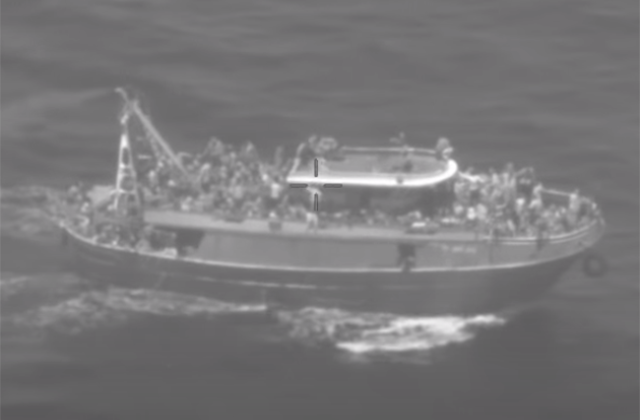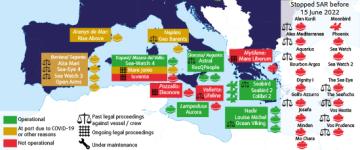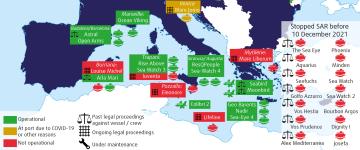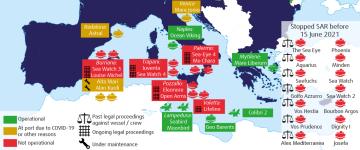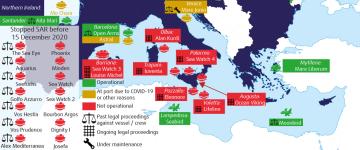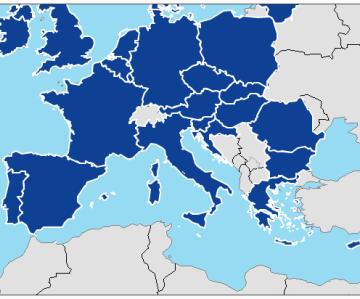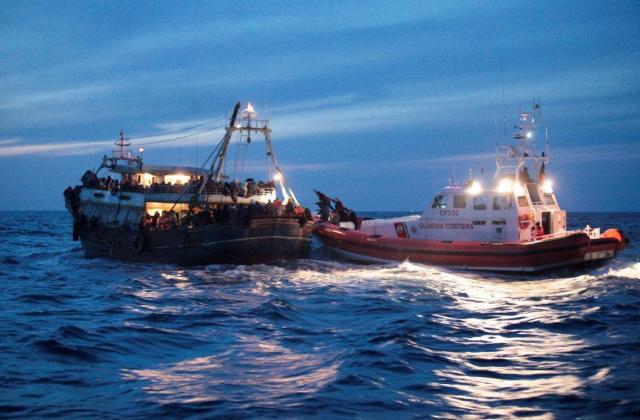
11
octobre
2023
June 2023 update - Search and rescue operations in the Mediterranean and fundamental rights
Since October 2018, FRA has been publishing regular updates on NGO ships involved in search and rescue (SAR) operations in the Mediterranean, and the status of legal proceedings against them. This latest update covers until the end of June 2023.
Related




